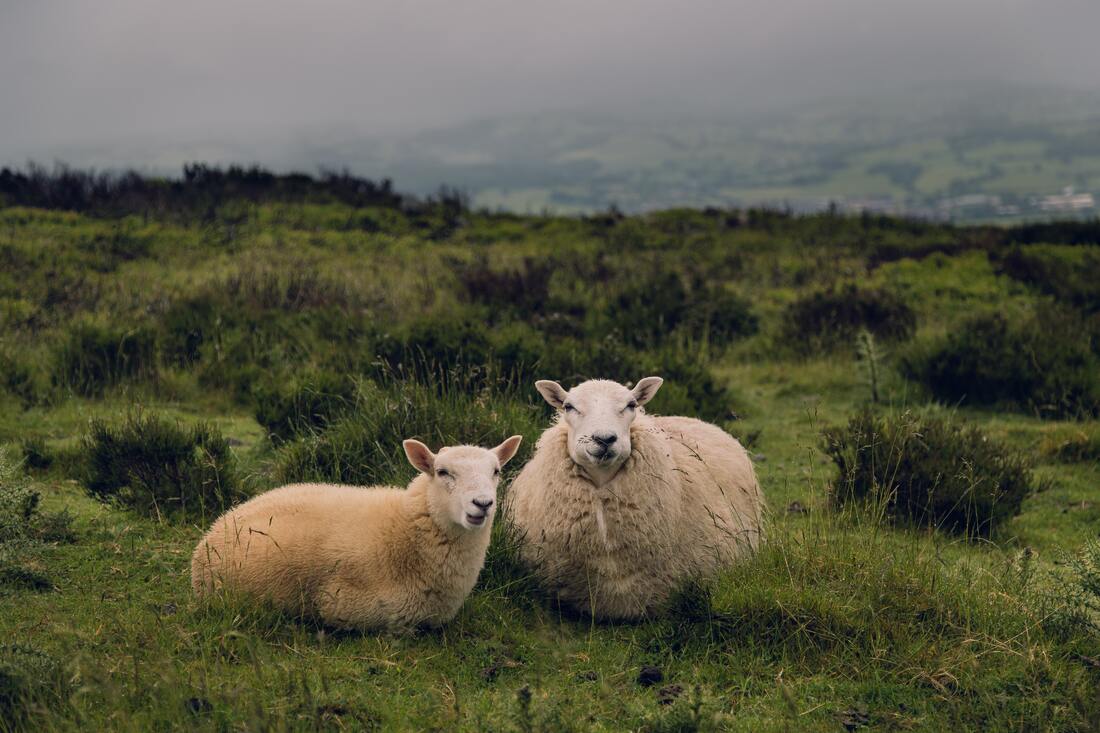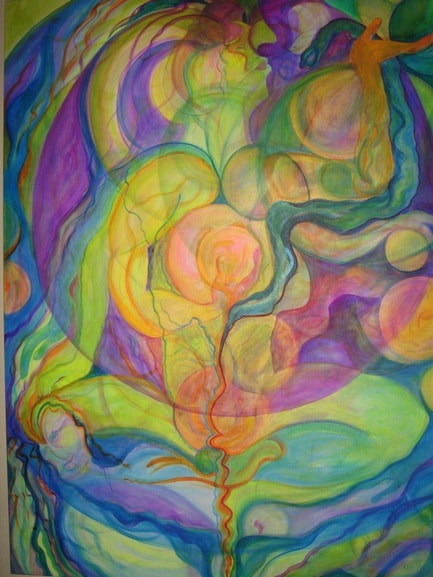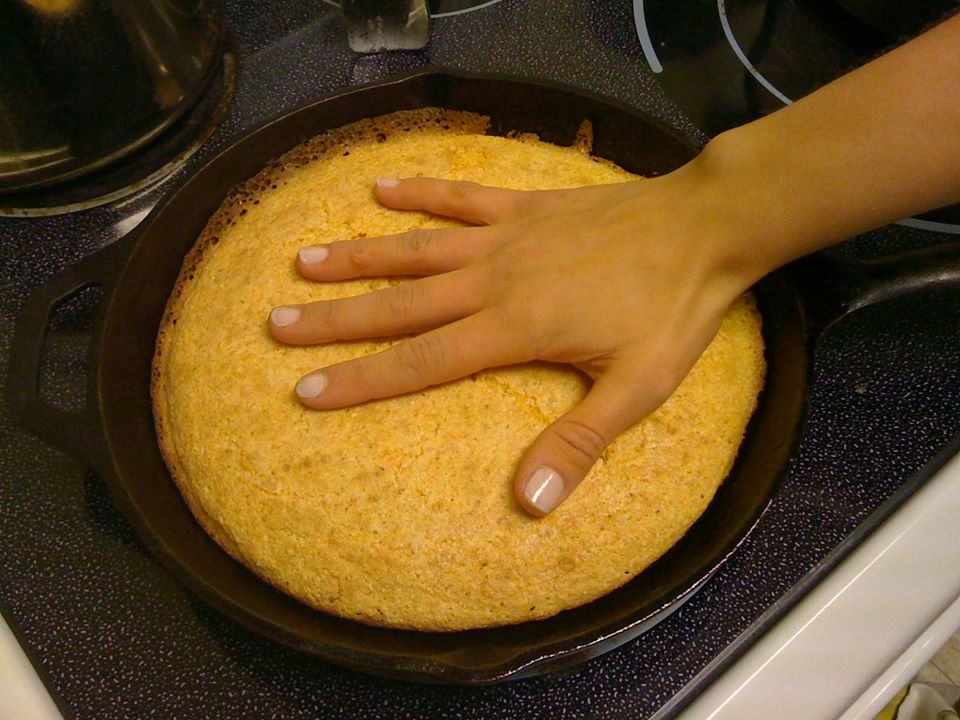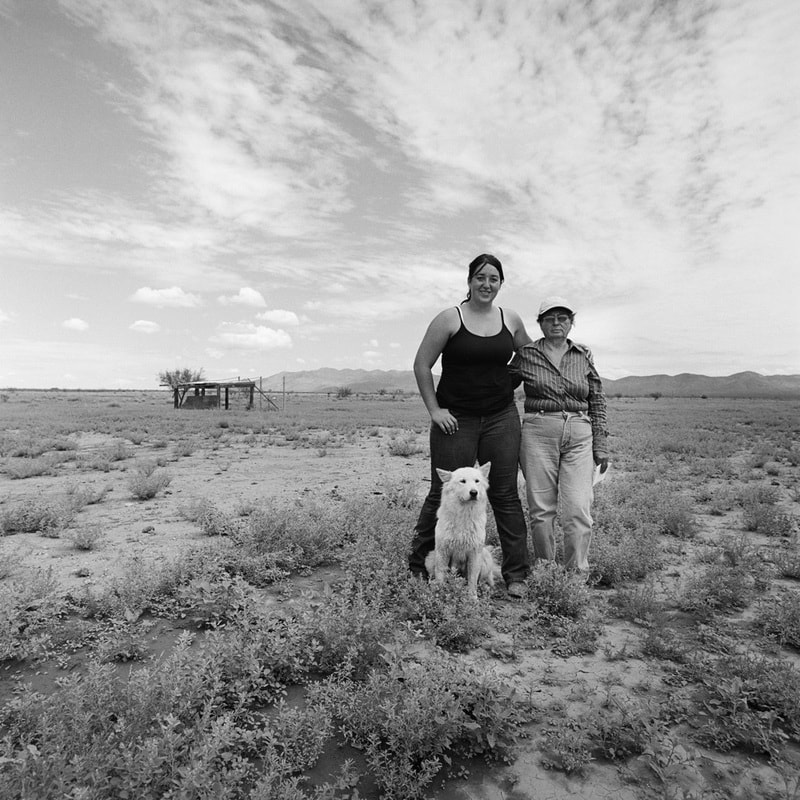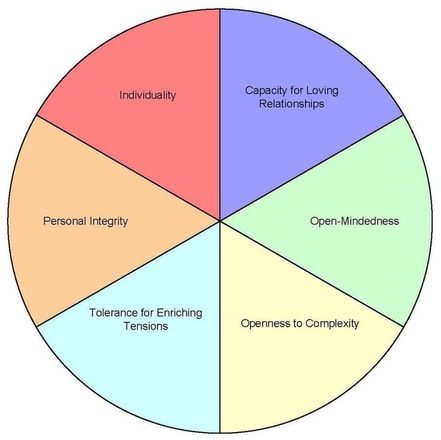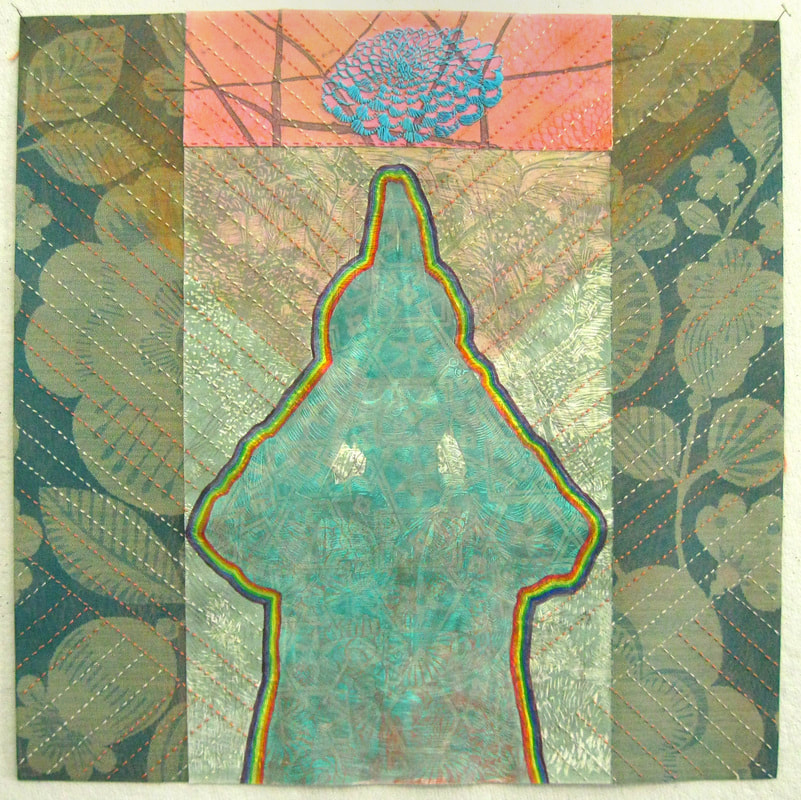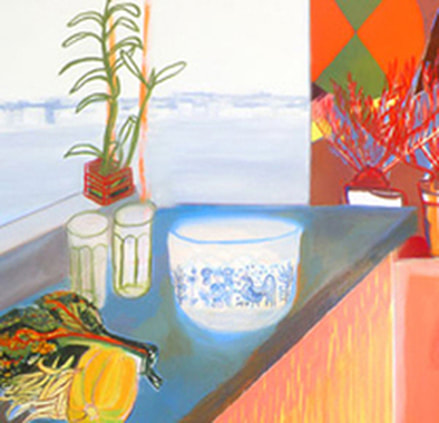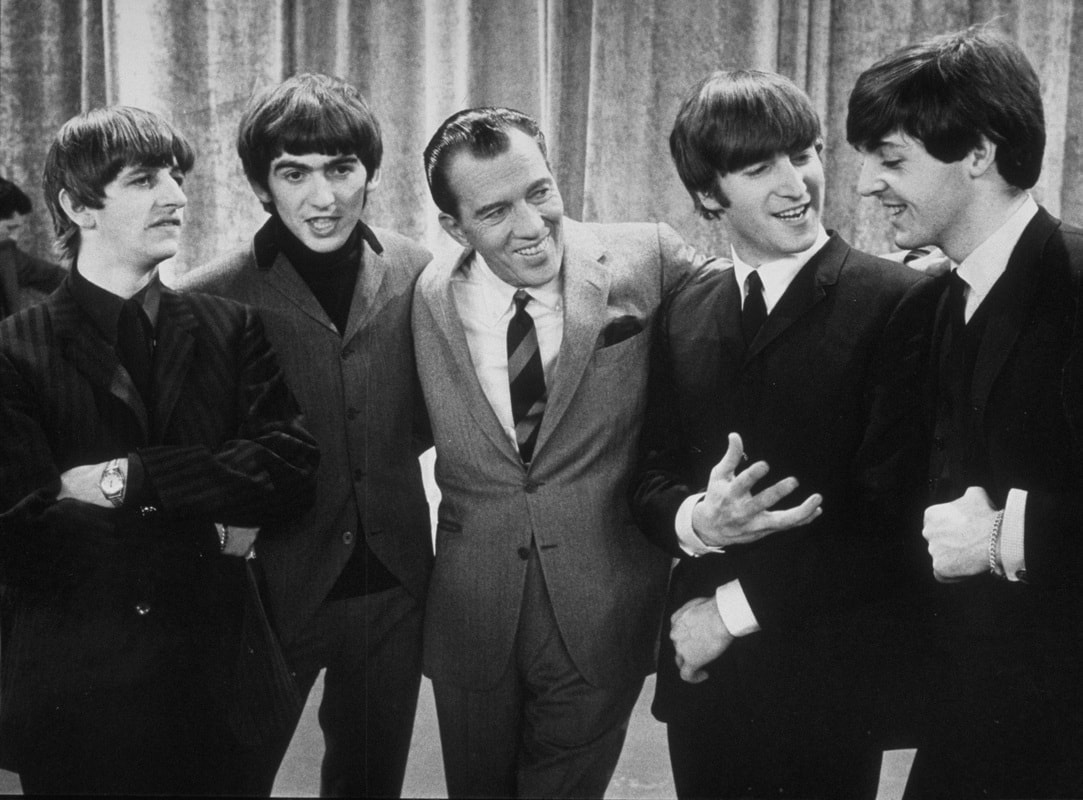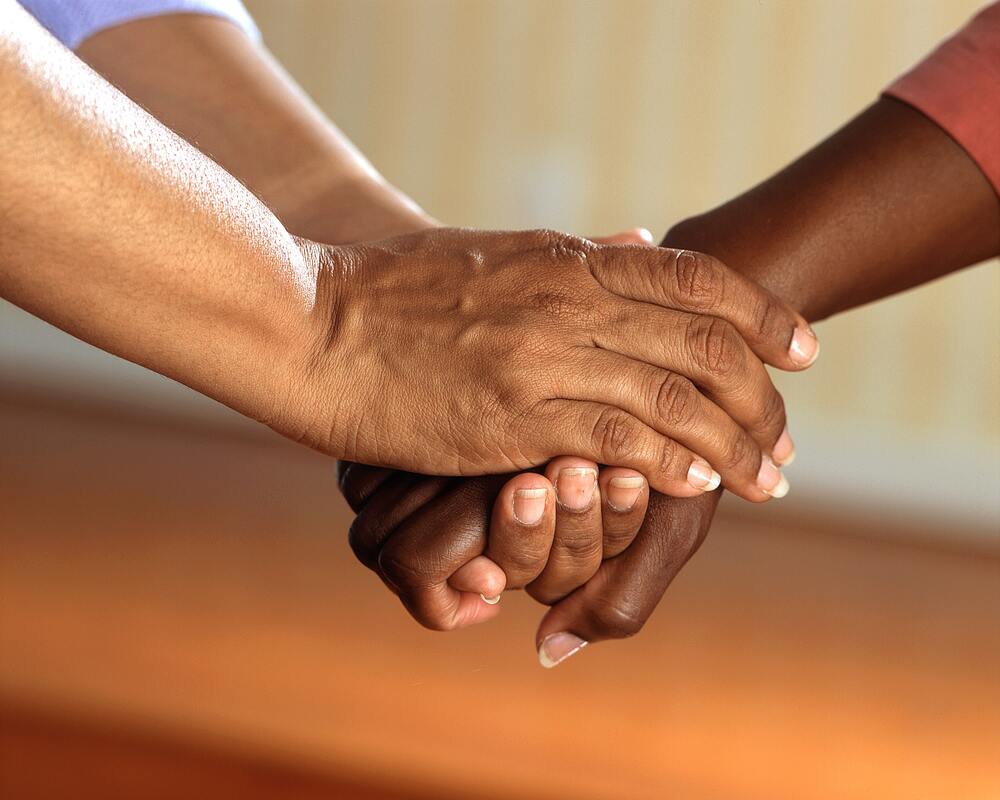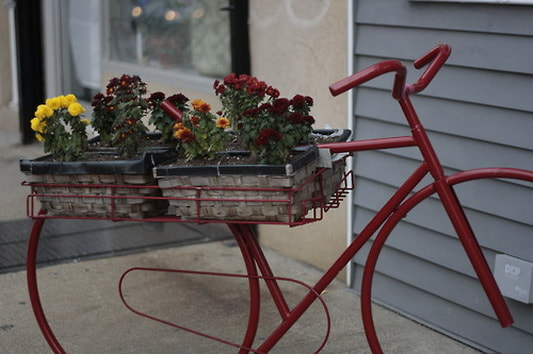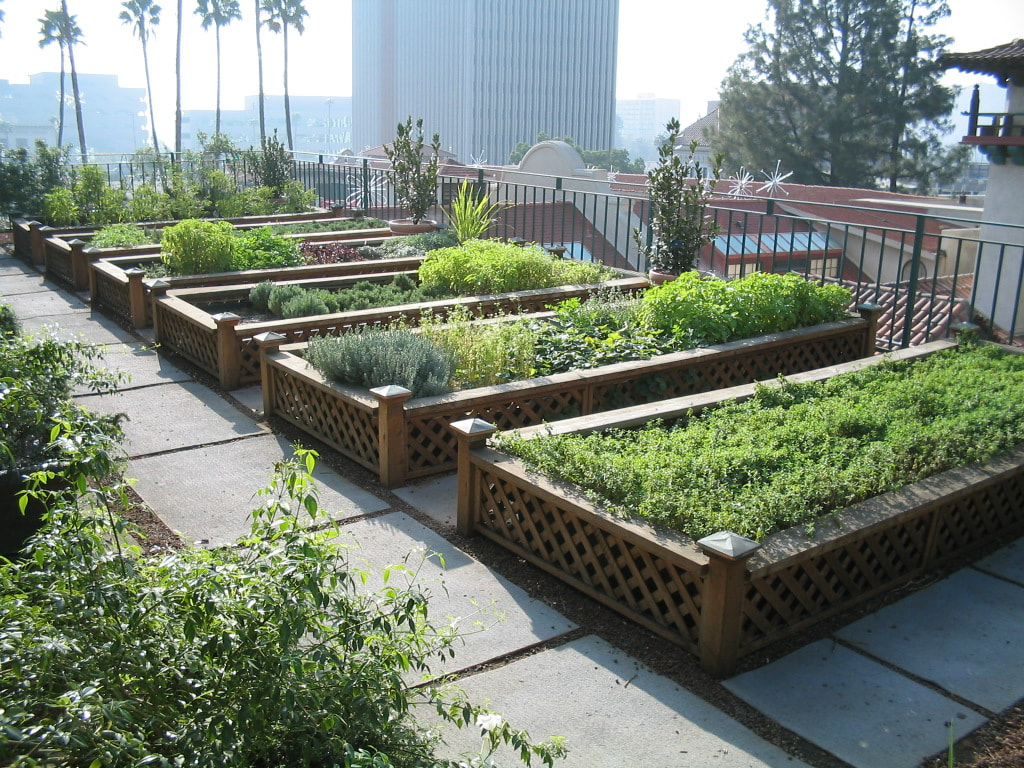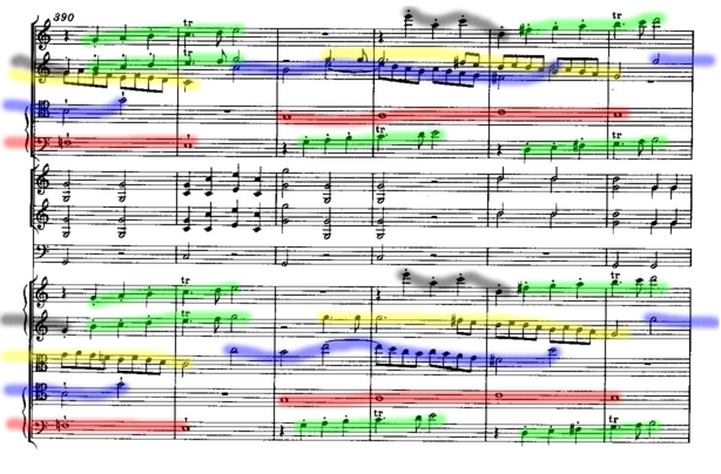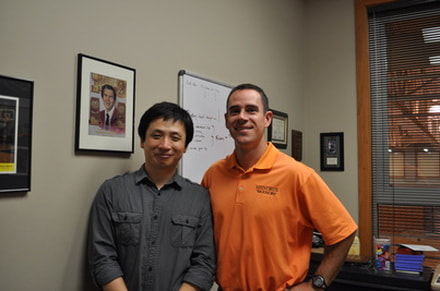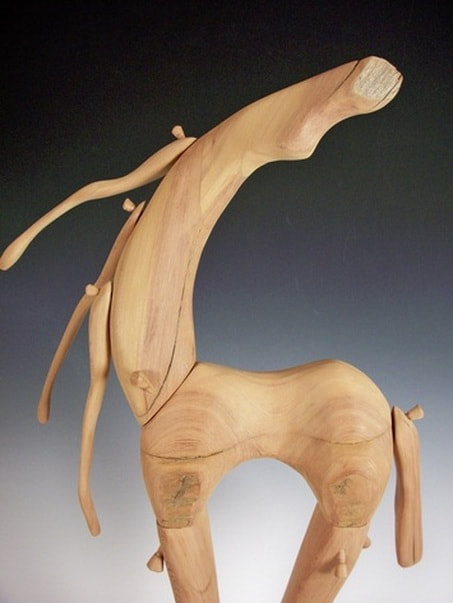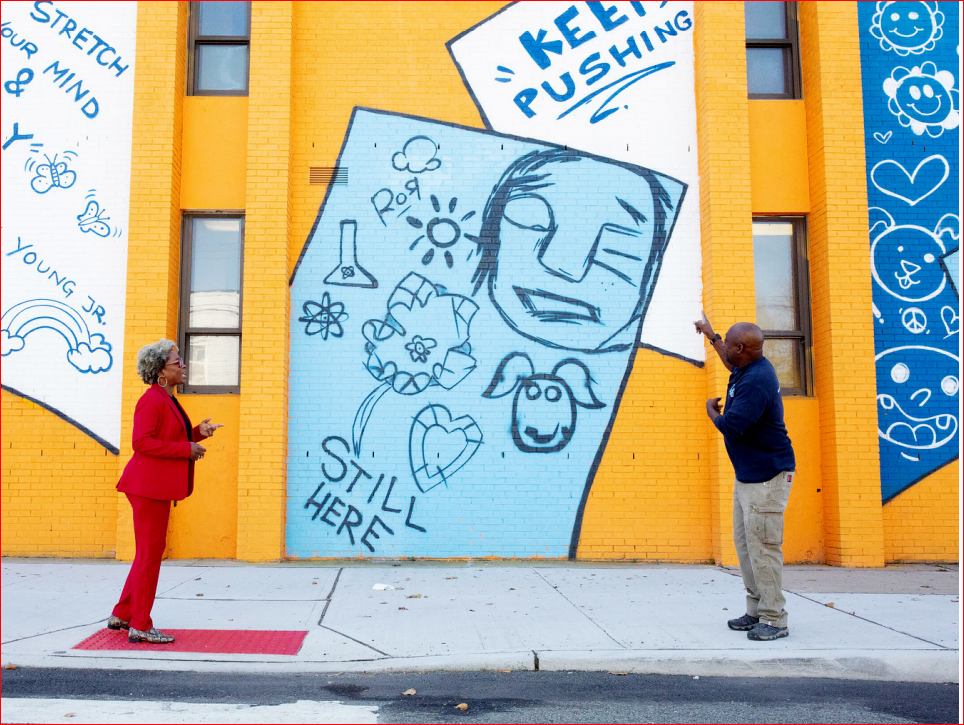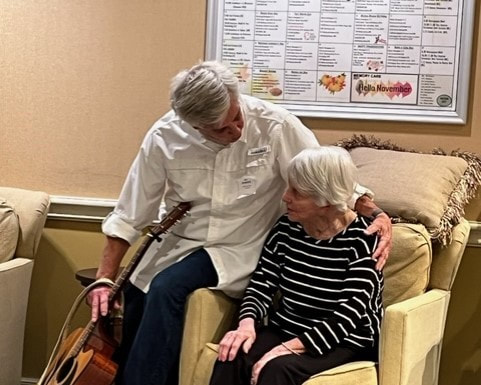Breeze on Bare Skin and
Gentleness of Every Kind
A gratitude collage inspired by Christina Hutchins' Thanksgiving note
in Facebook (2013) and her poem "Beautiful Our Waiting"
created by Jay McDaniel
|
Christina Hutchins' Thanksgiving Note
Dear ones, I am thankful for you. & for the meadowlark who has chosen a nearby roof-ridge. For the compassionate flow of the cosmos continuing while we rest. The leading edges of storm fronts over the Pacific. For time befriended. Old growth Redwood forests & days spent among them. Coffee made by other hands. Spontaneous laughter & serious concentration of beloved children. For wooden building blocks. Pens. Paper. Eyeglasses. Maybe even for the sadnesses that tell us how deeply we stain one anothers' lives. Typewriters. Boots. Strangers and the neverbefore. Beethoven's terrible dedication to making, Alfred North Whitehead's, Judith Butler's, & the poets'. For the funny canned cranberry sauce that in a few hours will ride shotgun, a measly contribution to the most generous of feasts, but desired anyway. For breeze on bare skin & reaching to play our hair after illness. For gentlenesses of every kind. -- Christina Hutchins, posted on Facebook, November 28, 2013 Gratitude for Christina Hutchins
|
Gratitude for Christina Hutchins
The fallacy of misplaced thanksgiving occurs when we give thanks to an abstraction in our minds -- perhaps the image of an ultimate source -- and forget to thank the concrete realities that enrich our lives: our friends, the meadowlark on the nearby roof-ridge, canned cranberry sauce that will soon be eaten, gentlenesses of every kind, and maybe even the sadnesses that reveal so much about our relationships. In Whitehead's philosophy these multiple sources of grace are part of the unity of God. When we thank them, we are thanking God, too. This does not mean that we can or should be thankful for everything. Terrible things happen to others and to ourselves that rightly elicit sadness. Still, we can live with a sense of gratitude for whatever is good or beautiful in life. Gratitude is a mindset, an attitude, filled with a freedom to recognize and appreciate goodness and beauty, and to recognize that so much of it is not of our making. Thus the grateful mindset is also a humble mind-set. It knows that goodness is a gift, not an achievement.. The goodness in which we take delight need not be good for us. It can be good for others, for the wider world, for the earth, and for God. This is how relational thinkers see things. We can be glad that others are glad. And everything doesn't have to last forever, either. We can be grateful for the breeze on bare skin and the meadowlark who has chosen a nearby rood-ridge. Still, of course, there is the tragedy and pain. We need not be thankful for it, but we can live with a hope that, no matter what happens, fresh possibilities are available for responding creatively to what happens, whatever happens. These fresh possibilities are one way that God is present in human life in an active way. God is the lure of novelty, the presence of newness, the gift of hope, whether it comes from wooden building blocks, coffee made by other hands, serious concentrations of beloved children, or strangers and the neverbefore. Sometimes it comes in the form of a Thanksgiving Note written by a gifted poet, who reminds us of the beauty of gentleness of every kind. -- Jay McDaniel, in appreciation of Christina Hutchins' Thanksgiving Note Gratitude for the Manyness of God
Thus the consequent nature of God is composed of a multiplicity of elements with individual self-realization. It is just as much a multiplicity as it is a unity; it is just as much one immediate fact as it is an unrest-ing advance beyond itself. Thus the actuality of God must also be understood as a multiplicity of actual components in process of creation. This is God in his function of the kingdom of heaven. -- Alfred North Whitehead, Process and Reality, Gratitude for my mother
I remember when I was a little girl, I loved to swing on a swingset on the schoolgrounds. I think I was about six years old. You know what it feels like to swing? It's a feeling of independence and being in airy space. Sometimes your best friend is swinging right next to you. This is what I experienced. These moments were among the many times in life I have felt pure delight. I also felt this delight when I played hopscotch. I would do all of this at recess. It was moment in time when I felt like I lived in a perfect world. I know now that the world is not perfect at all; it wasn't then either in my life or anyone's life. But somehow, for me, being in a small-town school, with teachers who made each young student feel important and secure and welcome, life had a kind of beauty. In my case, my parents were not in harmony. My home was not a perfect world. So going to school and being with those teachers, and being loved by them, and being able to swing on the swingset, taught me something about life. It taught me that there's a goodness in life that cannot be erased by any disharmony. When no one was around to push me on the swingset, I also knew how to pump. You know what I mean by pumping? You move your legs on your own to get momentum. I have been thinking about that these days, which may be because, these days, my legs don't work well. Still I sometimes need to pump, not only with my body but with my heart and my mind. In truth, sometimes it's very hard. I can't seem to get myself swinging. This is part of being old. But there are kinds of pumping that come to me these days, that I was not as good at earlier in my life. One of them is gratitude. --Virginia McDaniel (in giving advice to her son) Gratitude for Grandchildren Who Call You
A Carrot-headed, Dirty-Eared Mimi-Roll-Baker When I’m around Asher and Elliot, I witness first hand that Creativity is the most general notion at the base of all that is. This spring break I played a game with Elliot that I’d played with one of my college classes---creating and hurling “Shakespearean insults” at each other in fun. “Thou saucy clay-brained fustilarian” was our model. I’m not sure even I can define “fustilarian” satisfactorily, but Elliot, 4, “got” the idea. He could make up similar crazy taunts: “You carrot-headed, dirty-eared Mimi-roll-baker!” These little boys are in the present and they are becoming. There is nothing static or inert about their realities. -- Barbara Mesle Gratitude for Zhihe Wang
The last but not least person I want to mention is teacher Zhihe Wang. I would rather call him teacher rather than doctor. He is a charismatic scholar with wisdom and self-confidence. During my study there, he greatly encouraged me and I am sincerely grateful for his help. He is a wise man who selflessly practices process principles in his life. He is a pioneer in Sino-US cultural communication, he models deep respect for others, he is a vegetarian. Zhihe Wang is a teacher in the real sense, patiently and skillfully expecting the progress of each student. I offer my deep respect to him and the cause of Sino-US culture communication that he promotes. -- Wu Yunpeng Gratitude for Playing Tennis in China
Being a foreigner, I attracted quite a bit of attention when I first started going to the tennis courts in the afternoon and as such I met many students including my best Chinese friends, Weibo and Kevin. Weibo is from a city in Heilongjiang Province, which he graciously wrote down for me in characters that I cannot read, and will be a junior here at Heilongjiang University. If I were to describe Weibo, I would simply say he is a full-body smile. Kevin is undoubtedly the coolest person I have met in China with his metro hair cut, cool glasses, and fashionable clothes. Everyday I get the chance, we meet and play from 5:00 to 6:30 and then go eat together giving us time to get to know each other on and off the court. -- Kent Dunson Gratitude for Jiaozi (Chinese dumplings)
There is an old saying nearly known to all--- men and women, adults and children---in northeastern China, which goes "hao chi bu ru jiao zi, shu fu bu ru tang zhe (好吃不如饺子,舒服不如躺着)". It means that no other food can be more delicious than jiaozi (dumplings), and nothing can be more comfortable than lying down to sleep. If one could have a meal of tasty jiaozi, and then have a sound sleep in bed, how wonderful that would be! -- Xie Bangxiu Gratitude for practicing Zen Meditation
before reading the New Testament In Zen meditation – or zazen -- you learn to see the world like it is, free from your past prejudices and from your future desires. Every moment is a new moment. How wonderful would it be if you could read the Bible as it speaks to you, in a fresh way, as if for the first time? Katagiri says also that when you sit in silence you become intimate with the reality. I have experienced this. When I read the Bible in this attitude I become intimate with it. The Bible is no more an object of inquiry; but a subject who speaks to me, the living word of God. From silence we can encounter a new word, a word that is not you, but that comes from outside. This fresh word will then have a chance to speak forth. The chance emerges that, on the pulpit, you will preach not your own opinion but the world of God, what a sermon should be. Gratitude for Good Guilt grounded in Love
Good guilt is grounded in empathy and respect. Empathy is a lot like what Buddhists mean by compassion. It is sharing in the subjective states of others, including the suffering that you may well have inflicted or contributed to, and it is imagining the world from their point of view. State-sharing and perspective-taking: that's empathy. And respect is simply an awareness of the dignity -- the intrinsic value -- of each and every life, human and non-human, on its own terms and for its own sake. This is an important idea in process theology. It is that every living being with subjective aims, with a desire to find satisfaction, deserves respect and care. It is complemented by the idea that the mystery at the heart of the universe -- God -- cares for and is enriched by each living being in his or her uniqueness. The differences make the whole richer: the whole of the earth and the whole of God. Good guilt, then, is an enlightened activity. It is the sense of remorse that wells up in your psyche when you wake up to the harm you have caused others, by commission or omission. Inwardly good guilt is the feeling you have when you say "I am sorry." -- Jay McDaniel Gratitude for Critics of American Gun Culture
Is change possible? As a process thinker I certainly affirm that it is. Over against the self-fulfilling belief that one is threatened by armed criminals or even the government, there are self-fulfilling moves toward trust and non-violence. When the new “enemy” justifying violent self-defense is racially defined, for example, white fear of black lawlessness, the consequence is often discrimination against blacks that in fact leads to an increase of lawless violence. This vicious circle can be reversed when whites treat blacks justly and friendships are established across racial lines. Violence begets violence. Generosity begets generosity. Guns beget guns. Nonviolence begets nonviolence. The choice is clear. -- John B. Cobb, Jr. Gratitude for Jainism and its Invitation
To Radical Non-Violence Jain nonviolence is indeed rooted in wider and more subtle modes of perceiving our planetary multiplicity than most perspectives allow, whether religious or secular. As my study of the tradition deepened, I found a very realist metaphysical and ethical worldview that understands every existent entity to be its own Ultimate. This creative multiplicity is never reduced to an abstract One, and consequently Jains epistemology is necessarily formalized around a manifold reality with innumerable valid perspectives. -- Brianne Donaldson Gratitude for Judaism and its bottom lines
|
